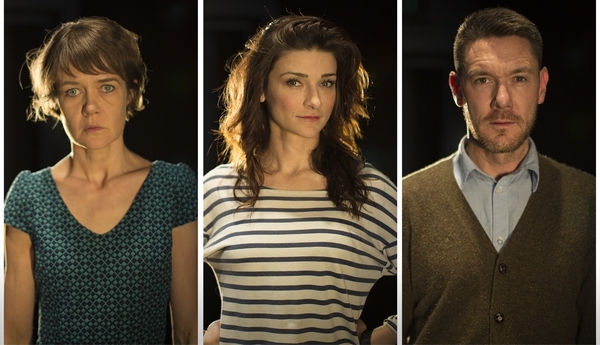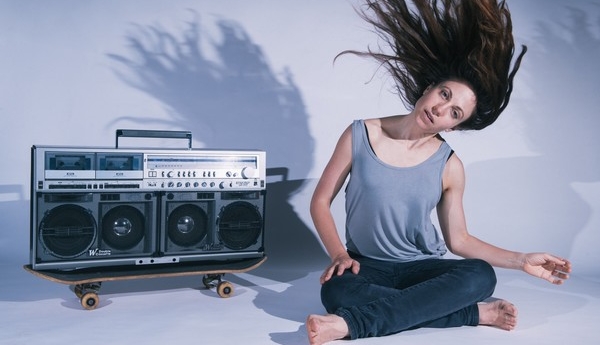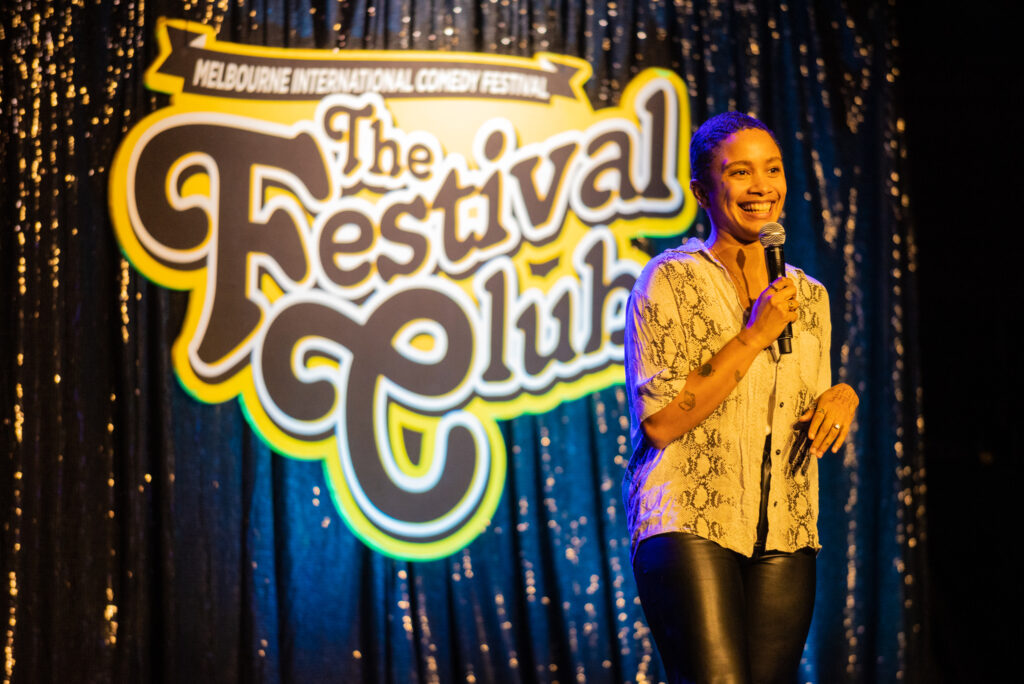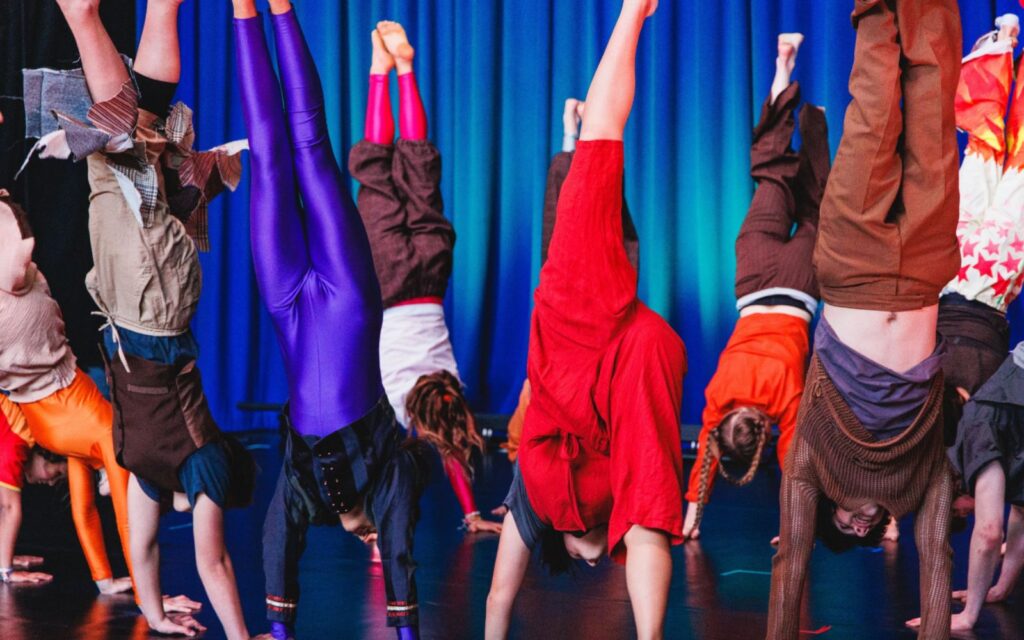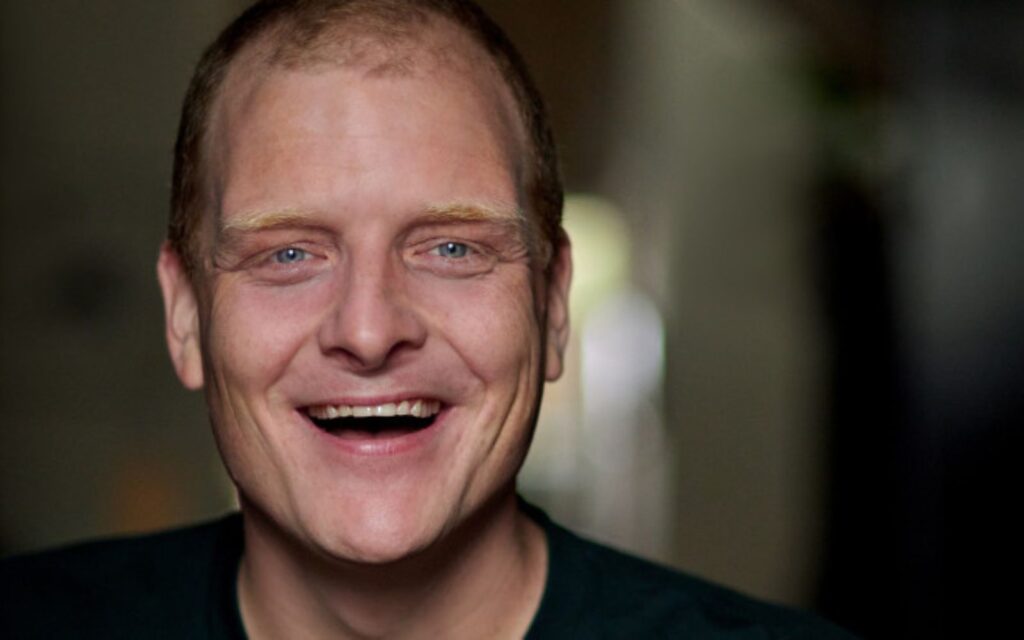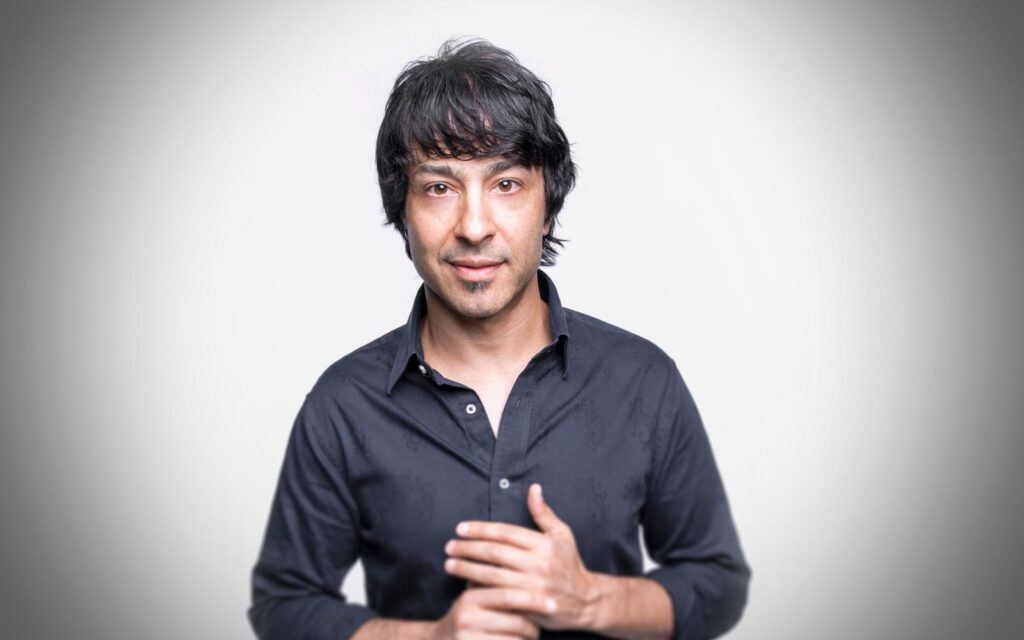“Everyone else in my family has a different accent from me. They’ve all got northern accents and I’ve for more of a – my accent isn’t really a London accent, though I lived longer in London than anywhere else [in the UK]. It’s a general-ish southern accent with a couple northern vowels in there,” says the director. Born in Manchester and a UK expat, Hayden is ebullient on the phone, animatedly discussing independent theatre, male-bias within theatre narratives and his most pressing issue: not to die of starvation. “I just got back from doing the shopping. So that’s pretty good! That’s always my priority, not to die of starvation,” he jokes.
Poppy Seed Festival is a grassroots movement founded on altruistic principles; created from a casual conversation between Watch This manager Sonya Suares, Neighbours staple Scott Major and Hayden about independent theatre and its sustainability. “We began a conversation almost three years ago wondering if there’s something we can do to help independent artists create their own work,” explains Hayden, detailing that financial burn-out and instability is often a reason that people depart the theatre industry. “There’s so many people [who] wish to pursue this industry but they get to a certain age and drop out because the opportunities are few and far between, and if you want to do your own work it can be really expensive and really risky, i.e. you’re doing it on your credit card and that leads to burn out and people leave the industry. [Then] you lose that talent pool [you spent years nurturing] and lose all of [those] skills and you have to start again with a whole new bunch of people, who, in their 20s, are fine to take risks on their credit card, but then again, they get burnt out and then they leave.”
Three years later, after enlisting Regional Arts Victoria Coordinator Samantha Butterworth to their cause, Poppy Seed Festival was born out of funding from the City of Melbourne. The money provided awards artists $7,500 per production, which is split three-ways to pay for marketing, production and artist fees. In addition to this, a representative from each production is expected to attend a de-facto ensemble meeting weekly, something that’s rarely heard of. “The ethos is, as well, that independent artists can often wither and die because they don’t have access to other artists and resources because they’re operating in isolation from their house or room or wherever, with a small group of people and they’ve only got limited reach. We thought that if we get artists to work collaboratively for the benefit of [everyone’s] show,” he details. “At these meetings, one might raise an issue about having difficulty sourcing a prop or someone might need a cheaper photographer [due to budget constraints]. Whatever the issue is we discuss it and together we’ve always found a really cheap, fast, efficient solution to those issues, meaning that the viability to continue working [after Poppy Seed] greatly increases because these people [now] have more resources and bigger networks to pull from.”
This support network allows independent artists, whether they’re emerging or mid-career, opportunities to create works such as Project: Hysteria, a collection of recherché Tennessee Williams plays; Fire Curtin Co.’s incisive drama about gender roles and courtship in The One; The Yellow Wave, an acerbic social commentary about immigration; and Gin Sister’s exploration of the rarely narrated female drinking culture.
“Gin Sister is plugging into the same debate about gender equality in The One. It plugs into the periphery of that; the gendered issues because it’s about female drinking culture, their response to [drinking] attitudes and female experiences of drinking,” details Hayden.
Gin Sister will cut into the myths of female drinking culture with actors Emma Hall, Jean Goodwin and Alice Cavanagh re-envisioning the sisters of Anton Chekov’s Three Sisters. They will slice through the narrative of alcohol traditionally used to symbolise a woman’s biological state (i.e. pregnancy) or her fraying emotional state through over-consumption or frequent drinking, think Margo in All About Eve, or her easy, laid-back and freeloader disposition. Instead, Gin Sister will highlight female drinking culture for what it is: the ability to have an inebriated good time.
“There’s a strong narrative within society or a strong presence of how men relate to alcohol and how men have alcohol in their lives; but outside a few comic drunk ladies in a few plays, I can’t think of any work that looks and addresses female drinking, at all. So I think it’s a first and I think Melbourne will respond well to it.”
BY AVRILLE BYLOK-COLLARD
